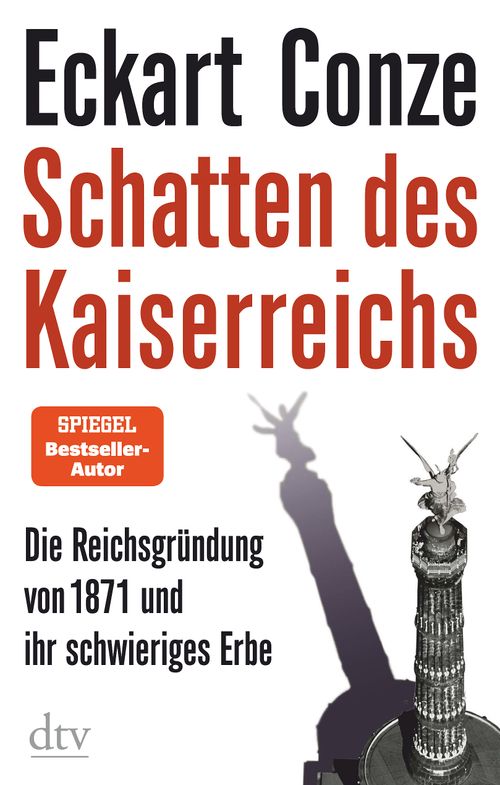In the Shadow of the Empire
Prof. Dr. Eckart Conze
Eckart Conze, born in 1963, is the Chair of Modern and Recent History at the University of Marburg. He is a high-profile historian of Germany’s recent history. His research concentrations include the history of the German aristocracy, foreign policy, the Treaty of Versailles, and the history of modern Germany.
288 pages,
ISBN: 978-3-423-28256-7
First published 2020


.jpg)
